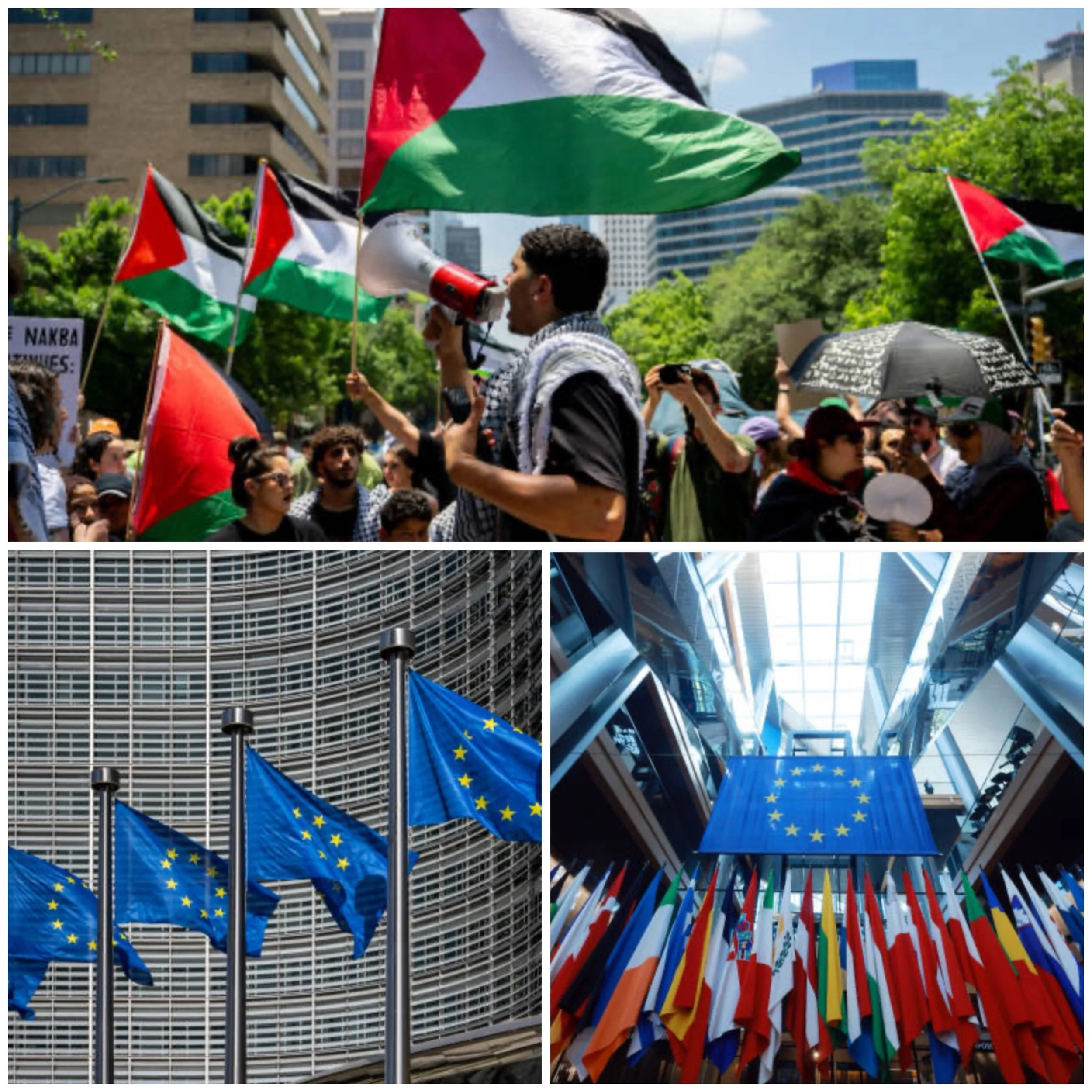Australia votes for Palestine nation
Introduction
Australia has not officially recognized Palestine as a nation, but there have been some recent developments and discussions around the issue:
UN Resolution Vote:
In November 2024, Australia voted in favor of a UN resolution recognizing the “permanent sovereignty of the Palestinian people in the Occupied Palestinian Territory, including East Jerusalem, and of the Arab population in the occupied Syrian Golan over their natural resources”.
This marked a shift in Australia’s position, as it had previously abstained or voted against similar resolutions for over 20 years.
Potential Future Recognition:
In April 2024, Australian Foreign Affairs Minister Penny Wong suggested that Australia could consider a “highly conditional recognition of a Palestinian state”.
This potential shift in policy is part of discussions around finding a two-state solution to end the conflict in Gaza.
Preconditions for Recognition:
Australia has outlined several preconditions for recognizing a Palestinian state, including:
A ceasefire in Gaza
The return of Israeli hostages held by Hamas
The exclusion of Hamas from any future Palestinian government
Rationale:
The Australian government views recognizing a Palestinian state as a potential way to build momentum toward a two-state solution.
Foreign Minister Wong stated that recognition could strengthen forces for peace and undermine extremism.
Controversy:
The shift in Australia’s position has been controversial, with opposition parties and some Jewish organizations criticizing the move.
Critics argue that this change abandons Australia’s ally Israel and puts Australia out of step with key allies like the United States and Canada.
International Context:
Australia’s actions are part of a broader international discussion about recognizing Palestinian statehood, with countries like Britain also considering recognition.
Conclusions
while Australia has not yet officially recognized Palestine as a nation, it has taken steps that suggest a potential shift in policy towards recognition, subject to certain conditions. This remains a contentious issue both domestically and internationally.






